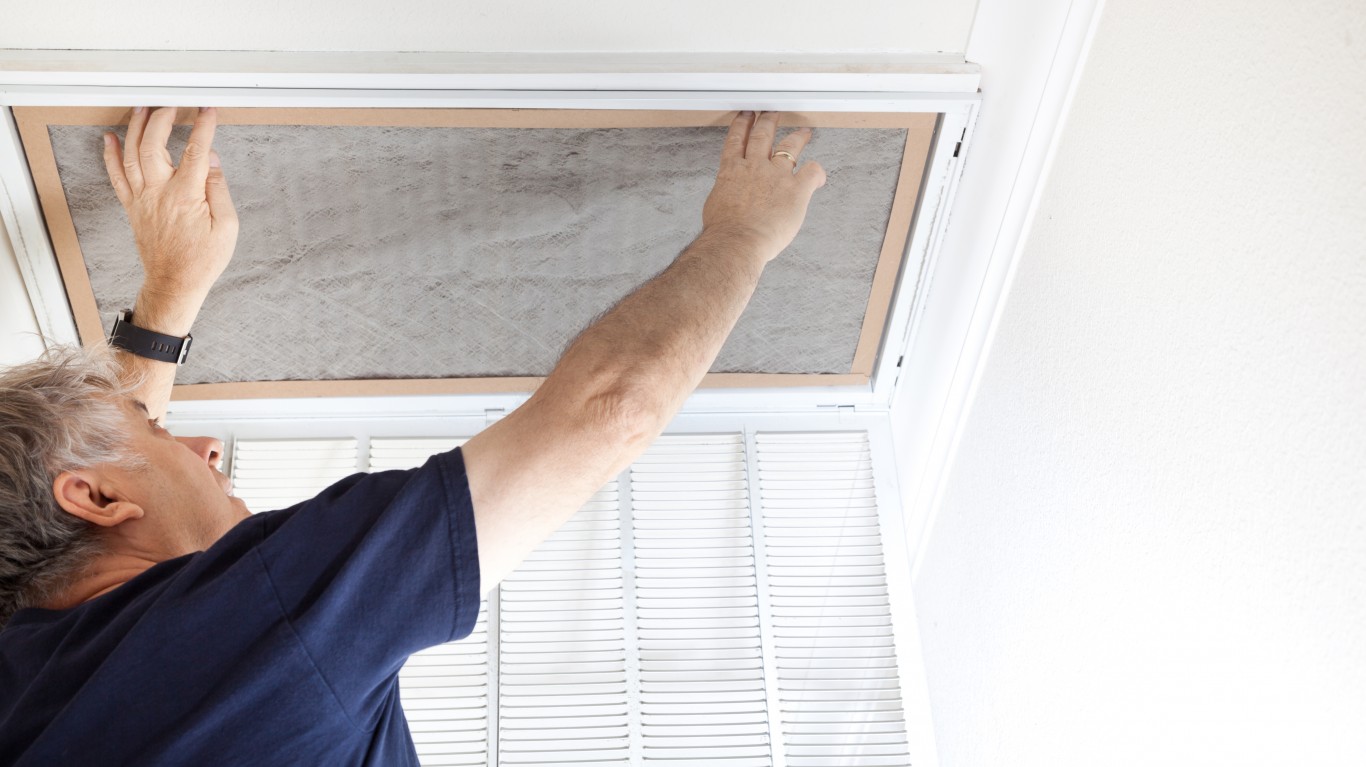
1. Change your AC filter
Your AC filter reduces the amount of dust and other allergens in your home, making indoor air healthier to breathe — but it needs to be changed regularly. Begin by choosing a high quality filter, then replace it based on conditions in your immediate environment. If you have pets or live in a particularly dusty area, you may want to change the filter as often as every three weeks. It also depends on how much AC you use (the amount of time it is actively filtering the air). It may be that you only need to change the filter once before and once after the highest use months.
When it doubt, check on your filter once in a while, holding it up to the light to see how dirty it is.
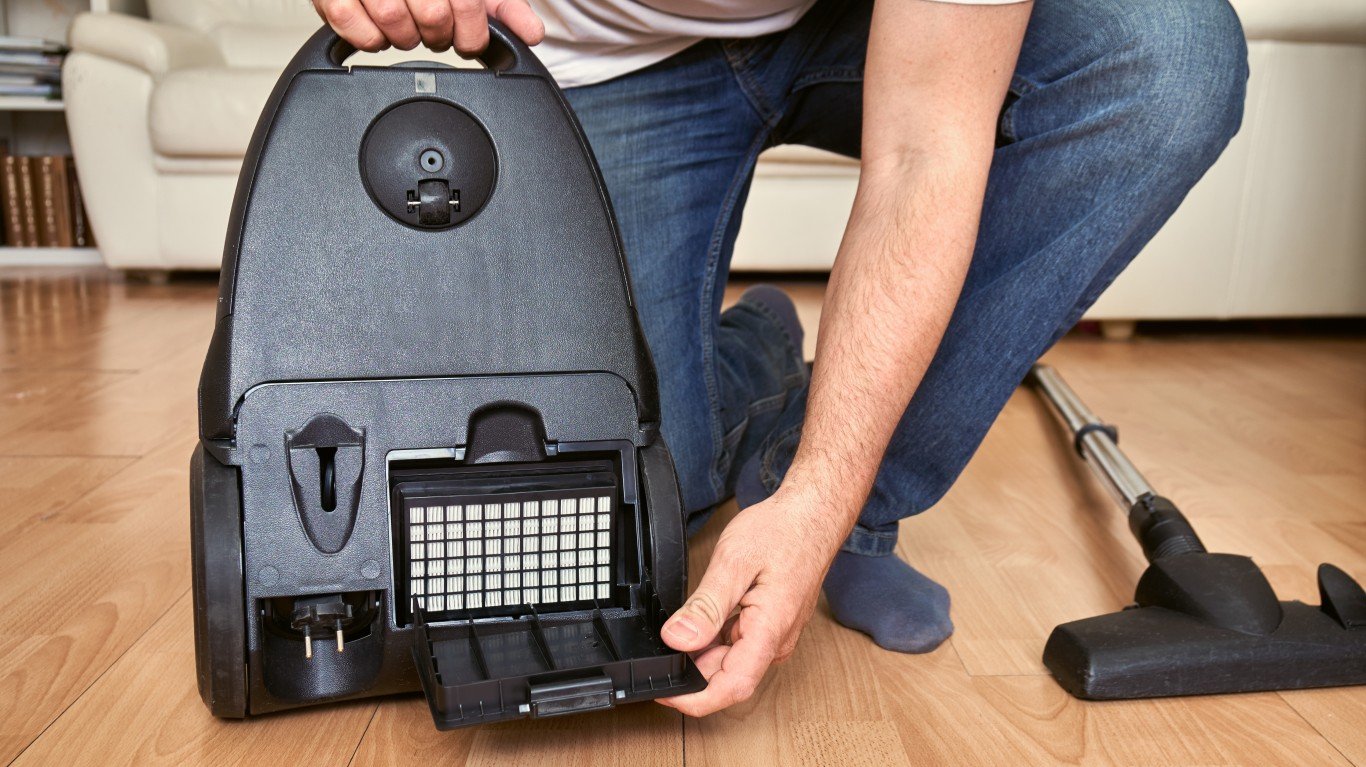
2. Clean your vacuum cleaner filter
If your vacuum cleaner smells bad when you start it up, it’s a good sign that the filter needs cleaning. Cleaning the filter whenever emptying the dust bag not only makes the vacuum cleaner more effective at removing dust and dirt from your home, but also prolongs the life of the filter and even the motor of the vacuum cleaner. An exception to the rule applies to HEPA filters, which can be damaged by cleaning. Instead, replace the filter when it becomes less effective, using filters made by the original manufacturer.
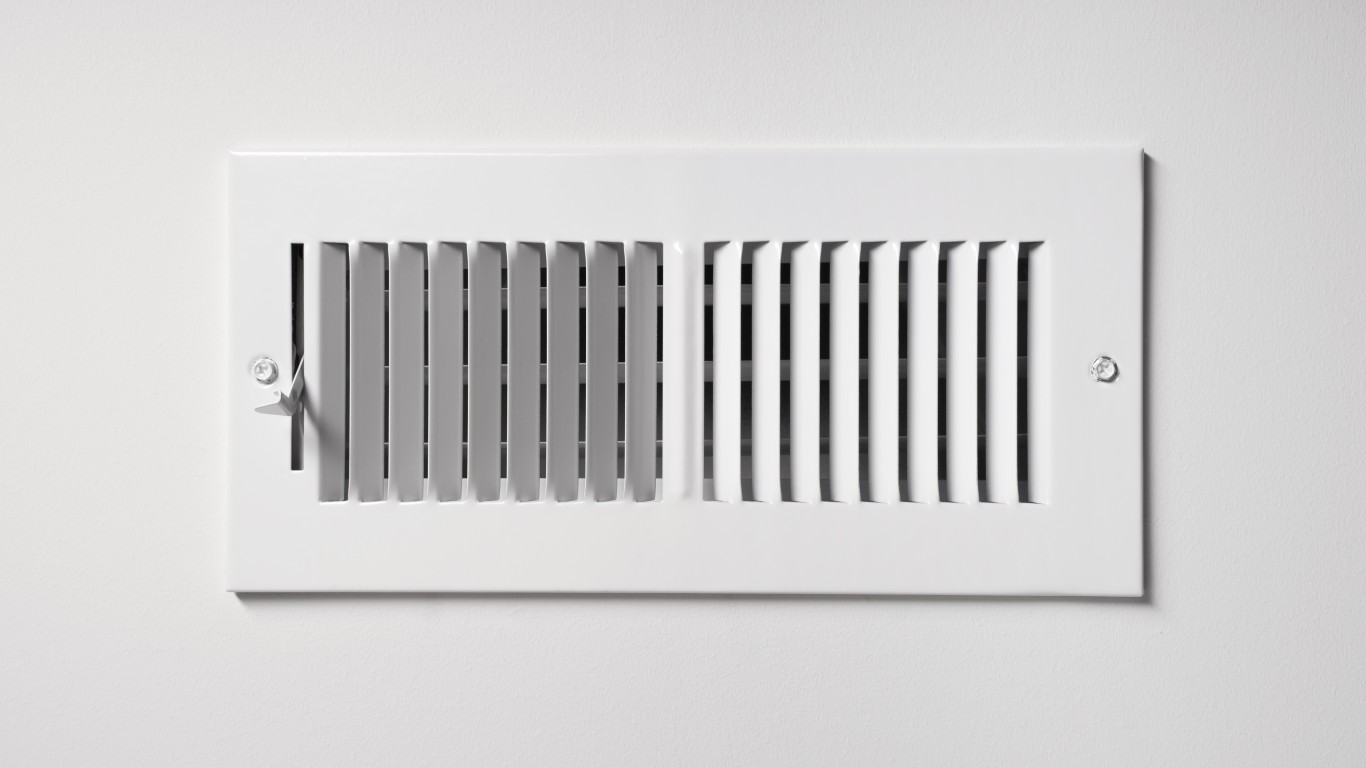
3. Check your air ducts
Contrary to popular opinion, your HVAC air ducts do not generally require cleaning, as dirt and dust generally cling to the inside surfaces of the ducts and are not circulated into the home. However, leaking air ducts can lead to uneven heating and cooling, increased dust and contaminants in the air, and harm to the HVAC system, requiring more frequent repairs.
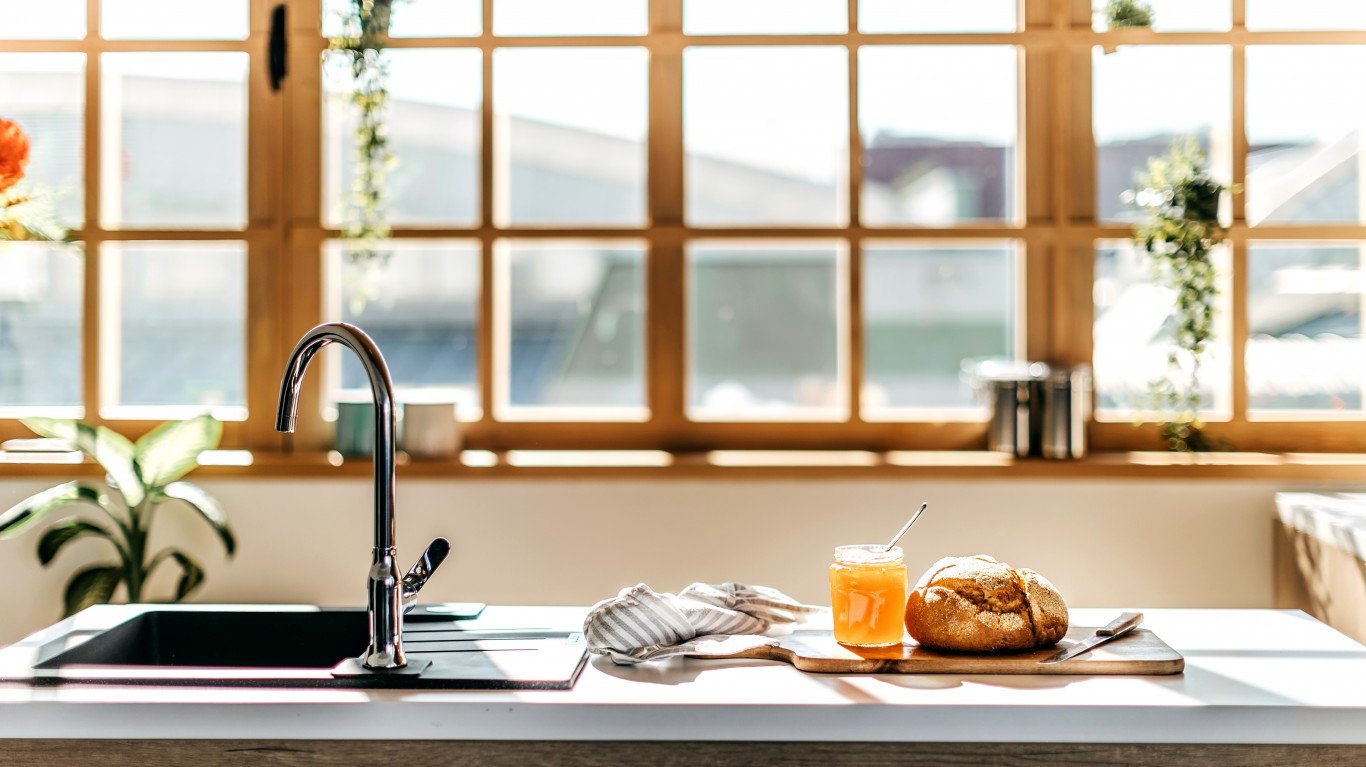
4. Open the window when cooking
Cooking can be hazardous to your health. The burning of natural gas and propane releases carbon monoxide, formaldehyde, and other toxins into the air, and cooking with oil at high temperatures can produce other contaminants. These chemicals then cling to surfaces and remain a source of kitchen pollution. You can protect your family and pets by using cooking hoods and other ventilation systems, or by opening windows when cooking.
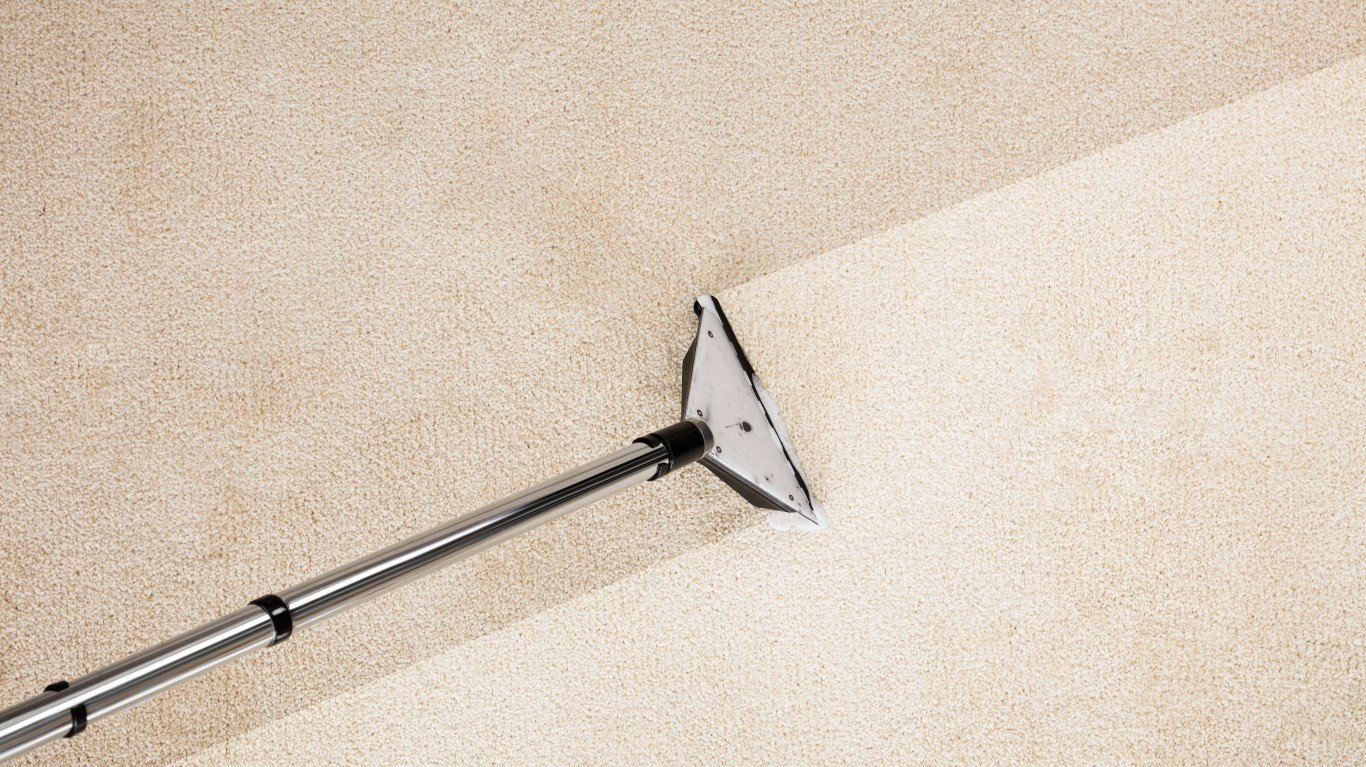
5. Clean carpets often
Because carpets trap dirt and allergens that are then released when a carpet is walked on, a dirty carpet can have an effect on air quality. Generally speaking, carpets should be vacuumed every week, and more often when young children and pets are in residence. It is a good idea to do a more thorough cleaning every 6 to 12 months, based on the traffic the carpet endures. Consider a professional cleaner to do the deep cleaning that eliminates mold, yeast, and mildew that may exist deep in the carpet’s pile.






